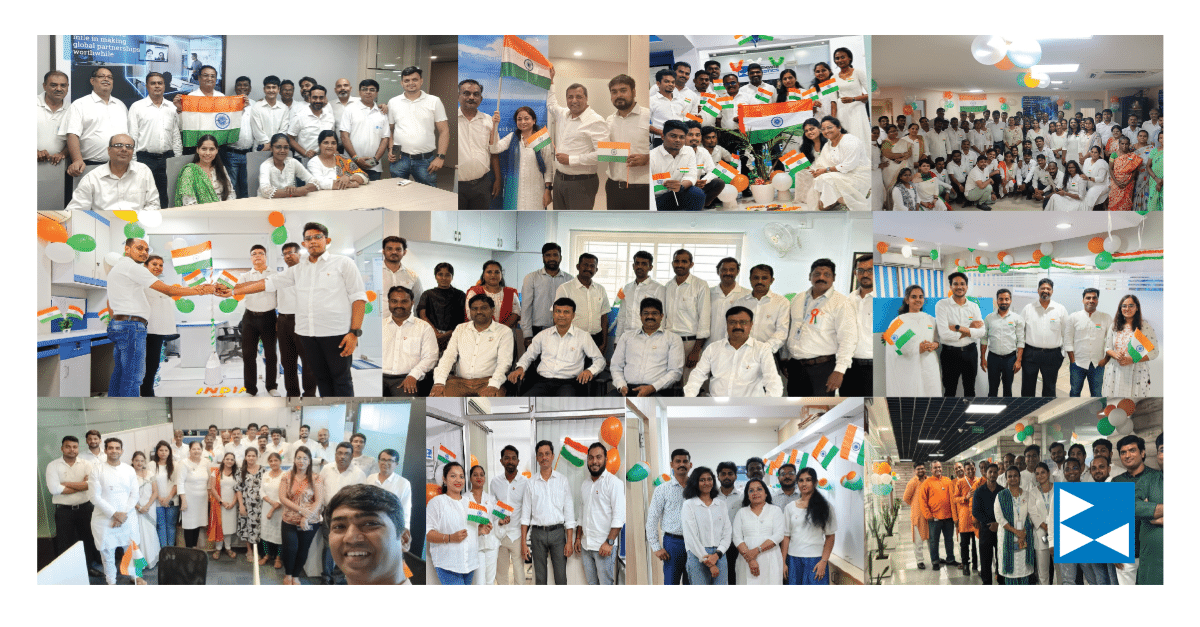Since gaining independence, India has not only emerged as a strong democracy but also as an economic powerhouse. The transformation of India’s economy is one of the most remarkable success stories in modern history.
India started its journey as a primarily agrarian economy with limited industrial development. The early years were focused on building the nation’s industrial base through the creation of public sector enterprises and the development of key industries such as steel, coal, and heavy machinery. The Green Revolution in the 1960s made India self-sufficient in food production, drastically improving the country’s food security and laying the foundation for economic stability. From 1991 onwards India’s economy opened up to global trade, foreign investment, and private enterprises. This shift not only accelerated GDP growth but also positioned India as a major player on the global economic stage. The IT boom that followed in the late 1990s and early 2000s transformed cities like Bangalore and Hyderabad into global tech hubs, creating millions of jobs and driving innovation.
Today, India’s diverse economy includes agriculture, manufacturing, services, and technology. The “Make in India” initiative, launched in 2014, has further boosted the manufacturing sector, attracting global companies to set up production facilities in India. The country has become a major exporter of goods such as automobiles, textiles, and pharmaceuticals, contributing significantly to global supply chains.





